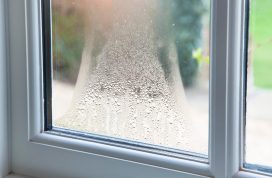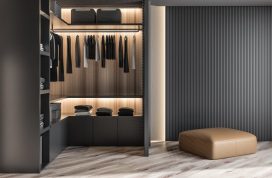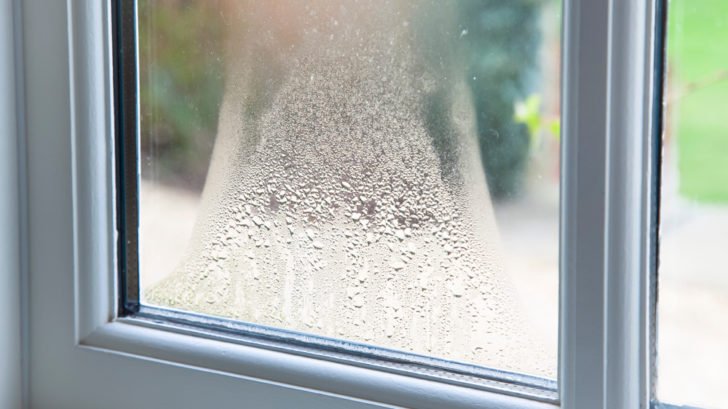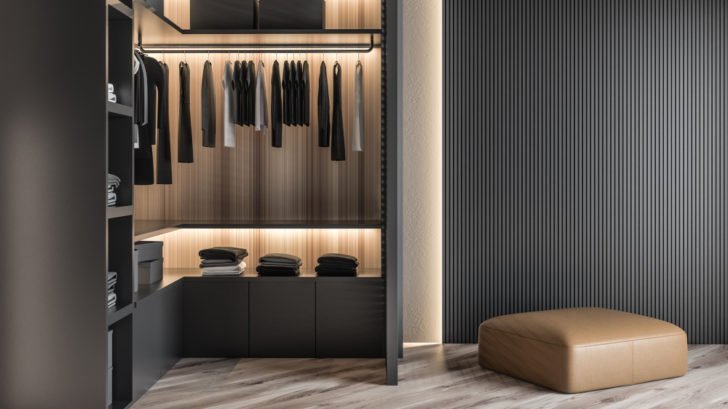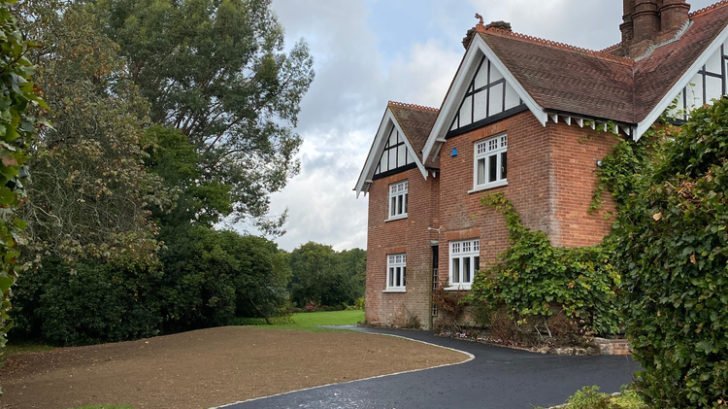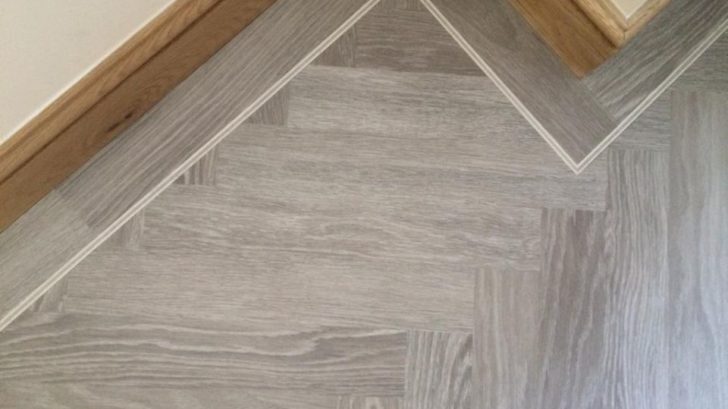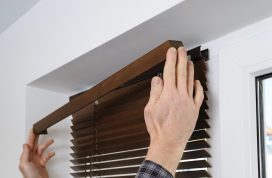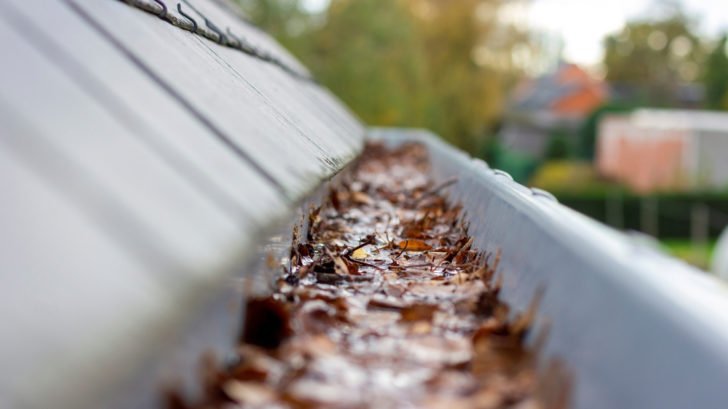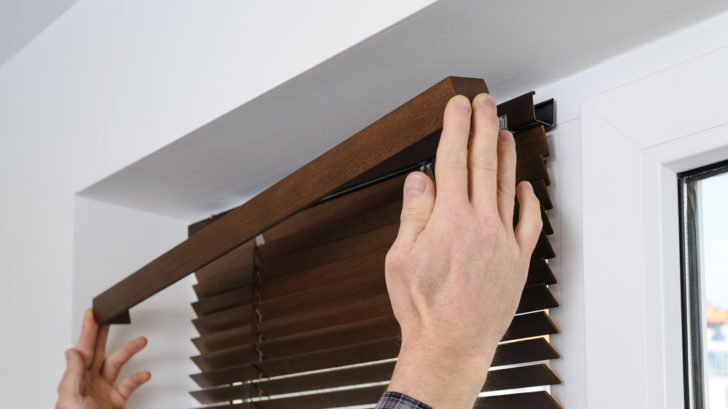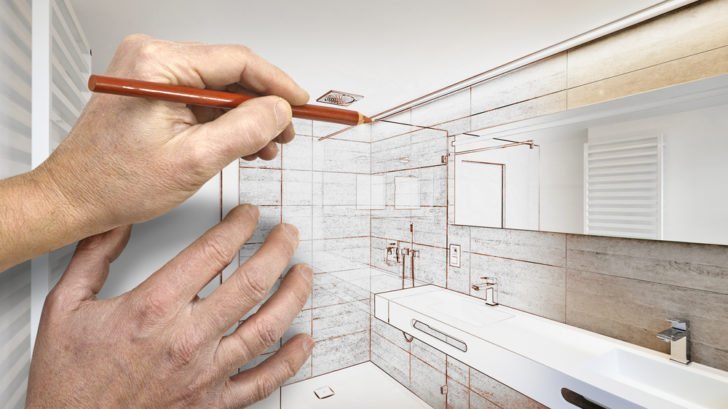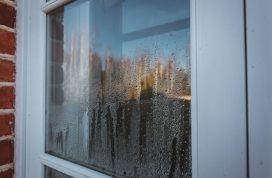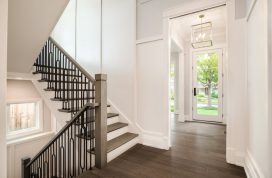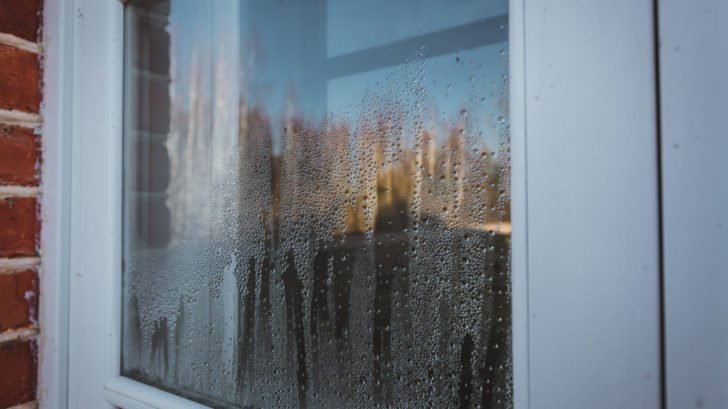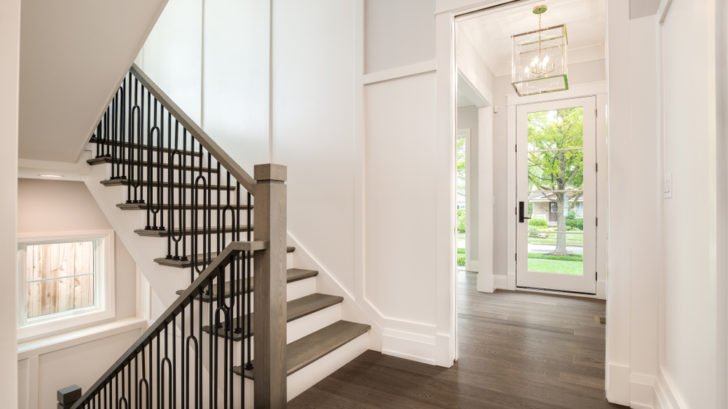Planning on repainting your home but don't know how much to budget? Then find out about paint prices here - our guide compares the prices for Dulux, Leyland, Farrow & Ball, Crown and other paint brands.

If you want to redecorate your home but don’t fancy splashing out loads of money on a professional painter, you can always try giving it a go yourself! Whether you’re an expert DIY-er, dabbed around a little or never lifted a brush before, there’s no reason why you shouldn’t be able to have a good at painting. All you have to do is make sure surfaces are covered (with dust sheets and masking tape for skirting boards/light switches if necessary), then grab a brush or roller and start painting.
Firstly, however, you’ll need to get hold of some paint. To make sure you’re not duped into spending more than is necessary, we’ve put together a short guide that tells you the rough estimates of standard painting prices from national retailers. Additionally, it is good to note that there are five main types of paint for you to choose from:
- Emulsion – standard-issue paint, suitable for most interior walls.
- Light & Space– meant for darker rooms with little natural light, to give the illusion of more space; always best to use lighter colours.
- Bathroom/Kitchen– a tougher, water-resistant emulsion that is resilient against humidity.
- Endurance – made with a stronger resin to last longer. Great for homes with children and/or pets.
- Exterior – a weather-proof emulsion for exterior door/window frames, garden furniture and garage doors.
Compare Paint Prices
Once you know what paint you need, it’s time to start shopping around. The following price estimates listed (which include dulux paint prices, crown paint prices, Leyland paint prices, johnstone’s paint prices, farrow and ball paint prices and hammerite paint prices) are for 2.5 litre tubs of white, matt emulsion paint (or equivalent colours/sizes).
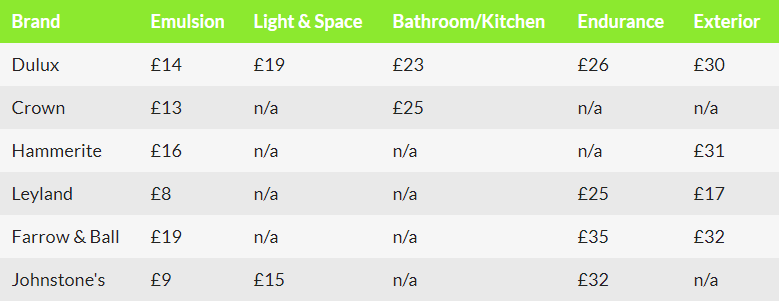
Hiring a Professional Painter
If you don’t have the time to paint yourself or just want a perfect finish, hire a local, professional painter. One advantage of calling in a pro is that they may be able to source cheaper materials for you because t hey buy in bulk from a regular supplier. For example, Dulux trade paint prices might come in a lot cheaper than those from retailers.
Of course, this table is meant merely as a rough guide to help you compare paint prices; for the most up-to-date and relevant information always carry out your own price-comparison searches, as you may find local retailers off-the-map who do much better deals than the bigger corporate brands.
Remember: don’t buy paint in bulk. It’s tempting, but anything more than 1-2 tubs for each room you’re redecorating and you might have a whole load of it left over once the project is complete. By making a careful purchase you save cash and space – plus can always run out and grab some if you need it.
That’s not to say you should always be lead by price, as it’s important to note that different brands offer different kinds of things: Dulux has a wide range of paints specially designed for specific surfaces; Crown paints are inspired by a range of colours and shades from vintage to period hues; while Hammerite mainly stocks exterior paints for all kinds of outdoor materials. So match paint prices to suit your needs, not the other way around! As long as you stick within budget and don’t purchase too much, you could find the cost of paint for an affordable price.


